“I’m alive and for me that’s a plus”: Fit and healthy lawyer ‘dies nine times’ in his sleep
When West Midlands woman Naomi Qureshi, 53, woke to her husband Mason, 54, snoring she had no idea it was a sign of an undiagnosed heart condition
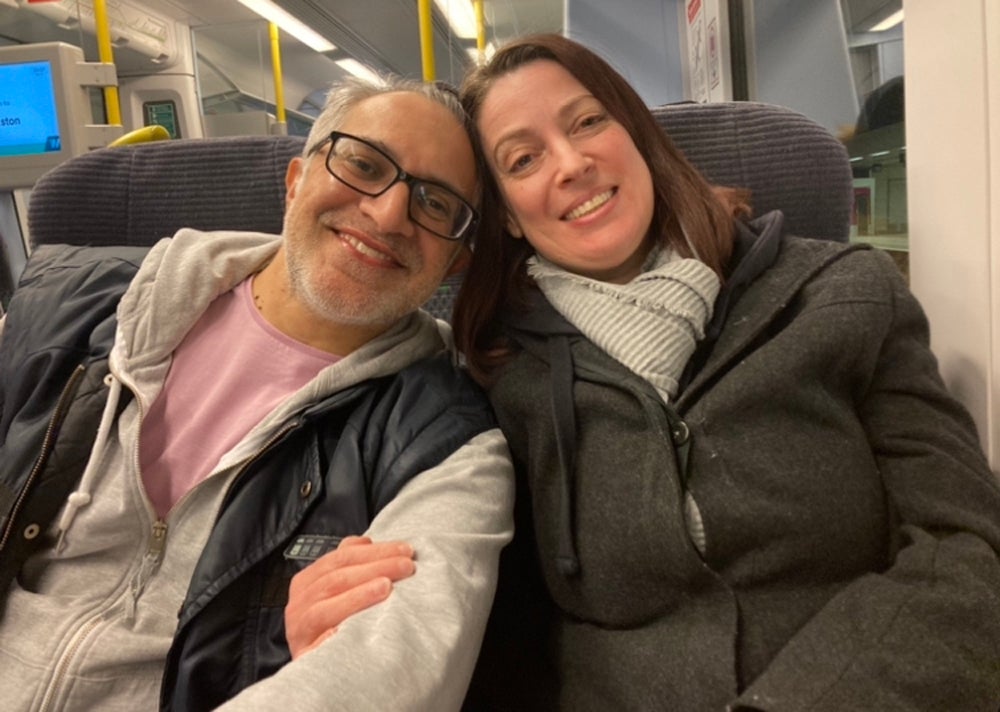
Your support helps us to tell the story
From reproductive rights to climate change to Big Tech, The Independent is on the ground when the story is developing. Whether it's investigating the financials of Elon Musk's pro-Trump PAC or producing our latest documentary, 'The A Word', which shines a light on the American women fighting for reproductive rights, we know how important it is to parse out the facts from the messaging.
At such a critical moment in US history, we need reporters on the ground. Your donation allows us to keep sending journalists to speak to both sides of the story.
The Independent is trusted by Americans across the entire political spectrum. And unlike many other quality news outlets, we choose not to lock Americans out of our reporting and analysis with paywalls. We believe quality journalism should be available to everyone, paid for by those who can afford it.
Your support makes all the difference.A supply teacher whose fit and healthy husband survived multiple unexplained cardiac arrests wants CPR taught “everywhere” after he “died nine times” in less than 10 hours.
When Naomi Qureshi, 53, woke next to solicitor Mason Qureshi, 54, in March 2022 and heard him snoring loudly, she had no idea this was the first sign that their lives were about to be turned upside down due to an undiagnosed heart issue.
Noticing he was unconscious, she admits to descending into “fits of panic,” as paramedics were called and he was rushed to hospital, where she later discovered he had experienced nine cardiac arrests – when the heart suddenly stops pumping blood around the body.
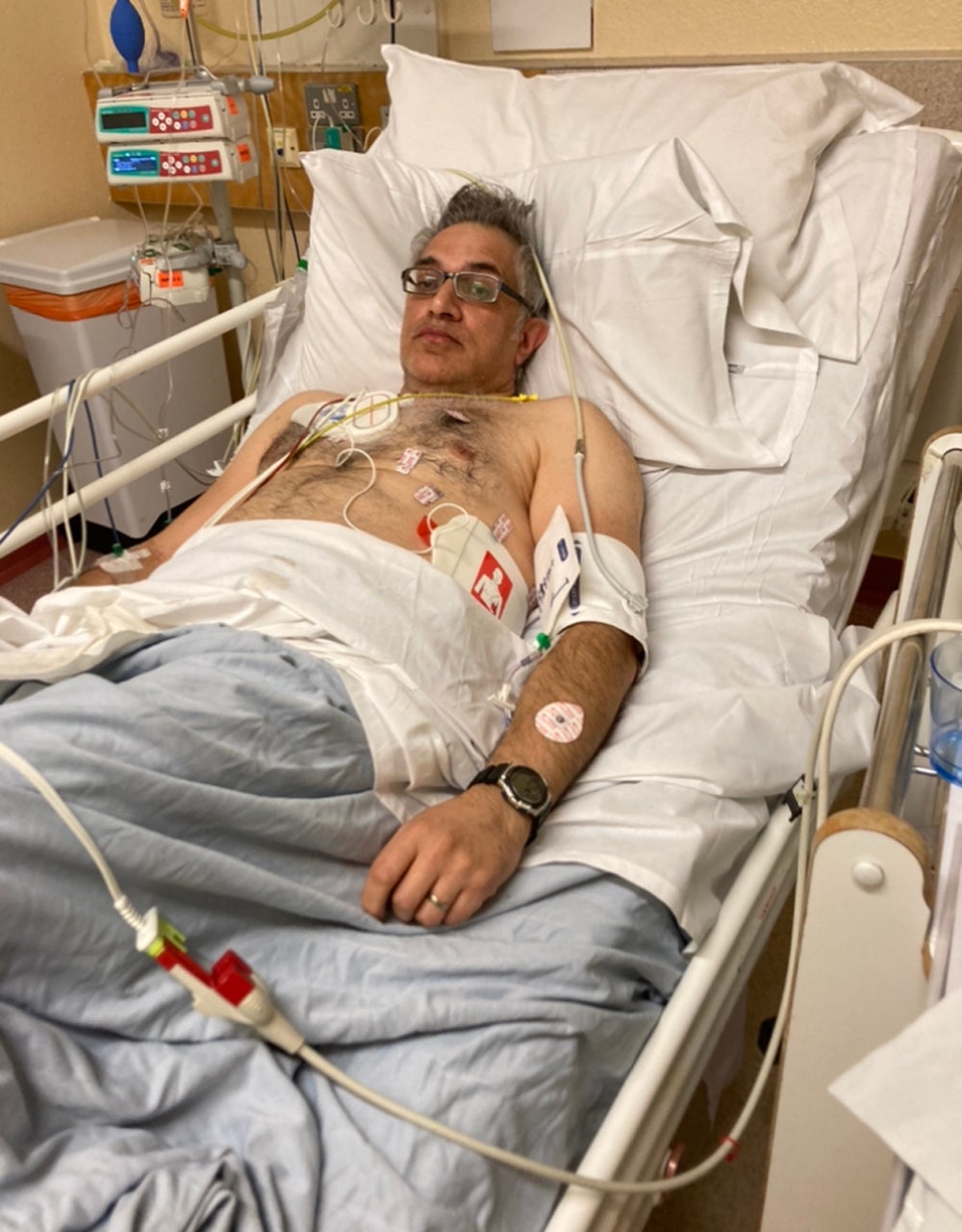
Naomi, who lives in Solihull, West Midlands, with Mason and their teenager daughters Amelia-Rose, 16, and Tabitha-Belle, 13, says: “Our girls call Mason their superhero because it’s an absolute miracle that he’s with us today.
“We are incredibly lucky that we still have this annoying man because at the end of the day I love him and the girls love him.”
She is now campaigning for cardiopulmonary resuscitation (CPR) to be taught everywhere after learning that less than 10 per cent of people who have a cardiac arrest outside a hospital setting survive, according to the NHS.
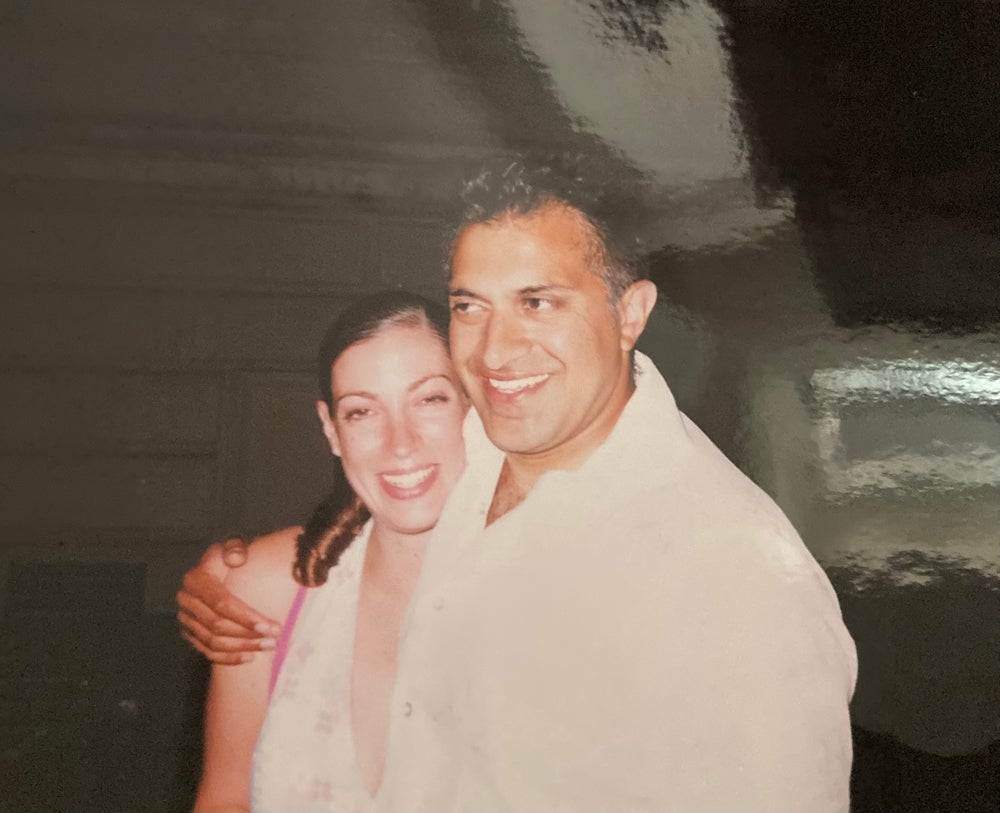
Naomi, who has learned how to perform CPR online, says: “It’s terrifying that any day his heart could just stop again.
“That’s why I think it’s so important that we all learn how to perform CPR.
“We don’t know why this happened to Mason, so we don’t know how to predict it happening again.
“CPR is something we should teach everywhere because it’s so simple and it can make the difference between living or dying.”
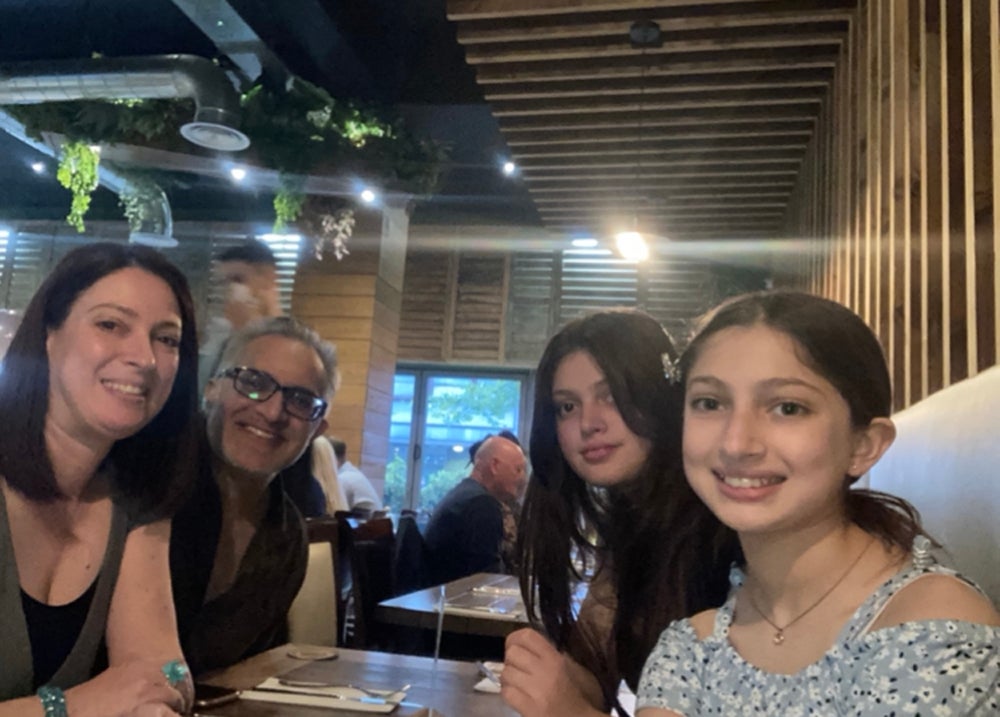
Naomi met Mason 25 years ago in Birmingham and says that, a regular gym goer, he has always kept himself in “top shape,” also playing tennis twice a week.
So, when he complained of a sudden “fluttering” in his heart in June 2021, it came as a massive shock.
After visiting their GP and having a stress test later in October, Mason was told he was healthy.
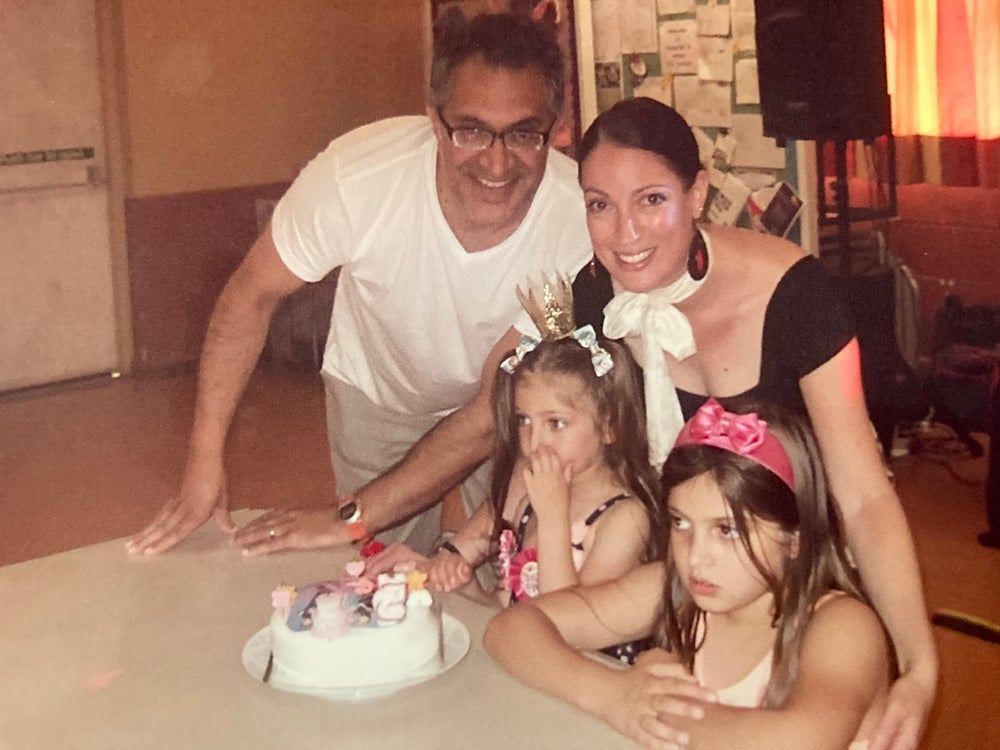
Assured that it was nothing to worry about, Naomi says: “Out of the blue, his heart was racing and fluttering. It was happening randomly.
“But after doing tests, they told us he was healthy and we had nothing to worry about.”
In February 2022, Mason had a 24-hour electrocardiogram (ECG) test, which continuously records a person’s electrical activity to help find a diagnosis, which revealed he had an ectopic heartbeat – an irregular heartbeat which happens when the heart contracts too soon which, according to the NHS, affects more than 2 million people in the UK.
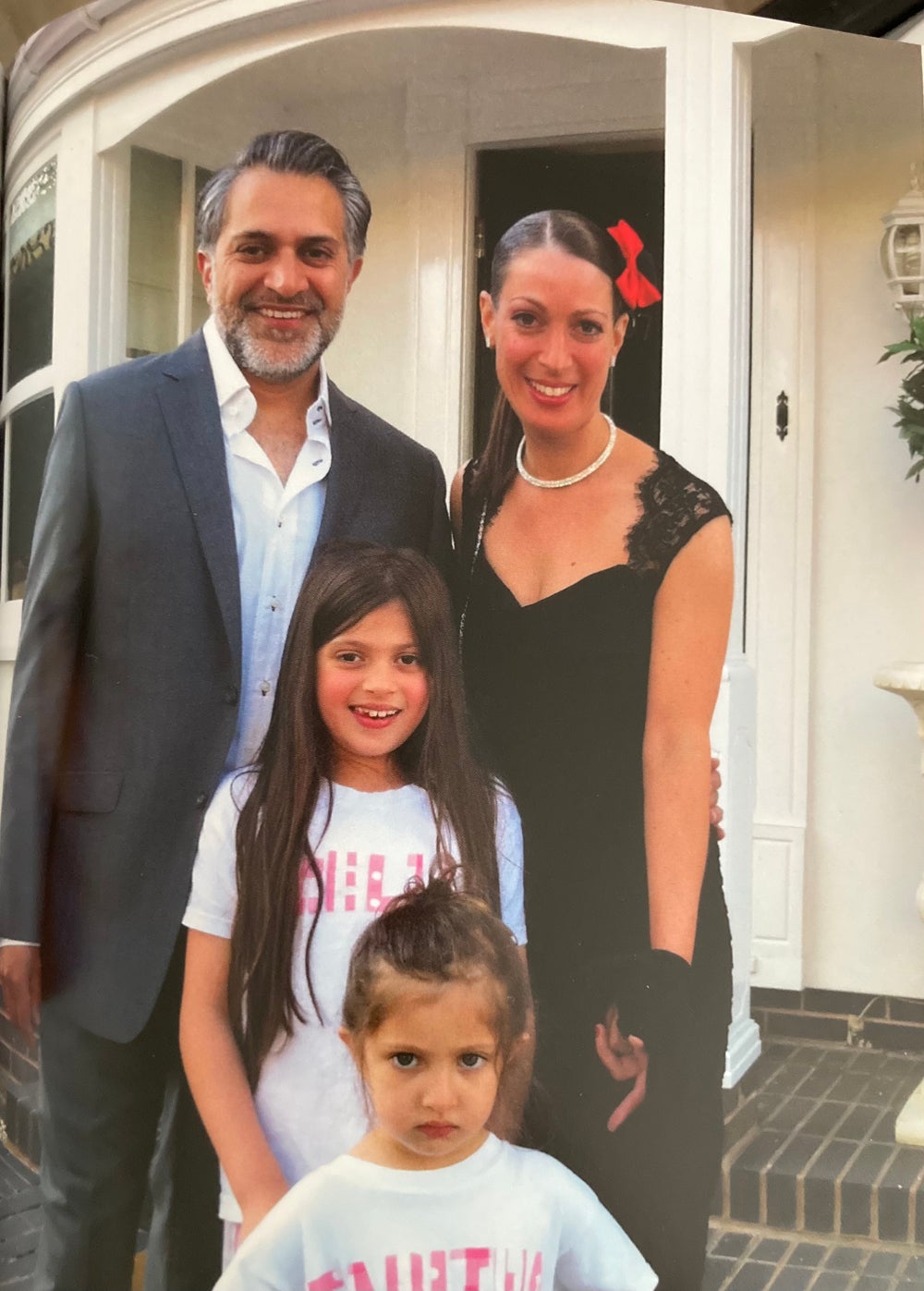
But the couple were once again told he was “better than fine” and that Mason’s heart was healthy.
Naomi says: “We were so worried, but when the tests came back we were reassured that Mason was doing all right.
“They said he was better than fine, that he was completely healthy.”
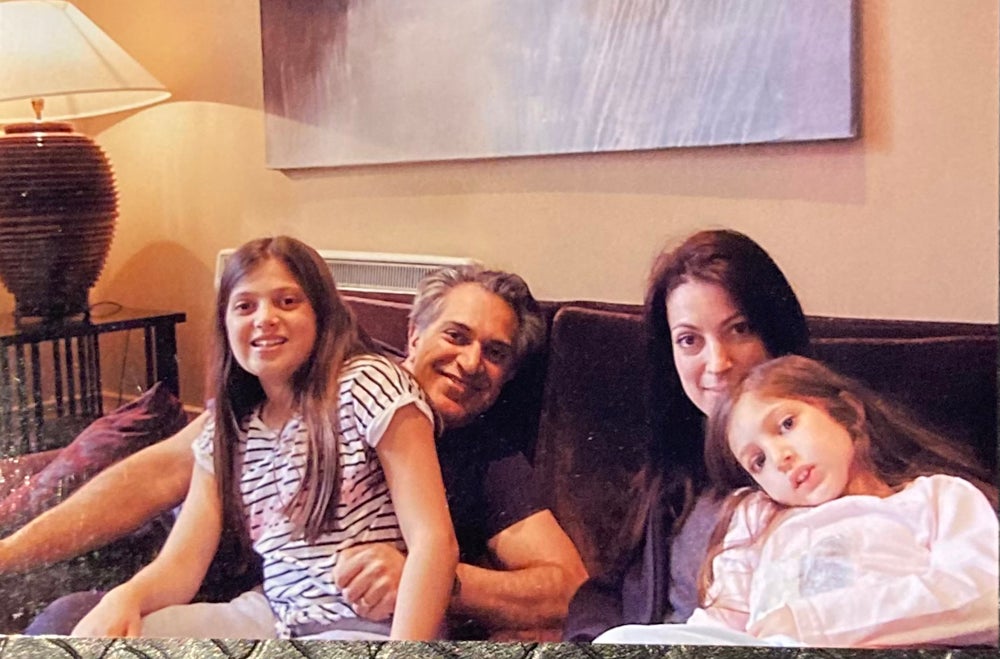
But on the morning of March 26, the family’s world came crashing down when Naomi woke up to find Mason unconscious and rang 999.
She says: “Mason suddenly started making snoring noises, which I shrugged off until they persisted and I told him to stop it.
“But when I turned around, his eyes were closed and he was unconscious.”
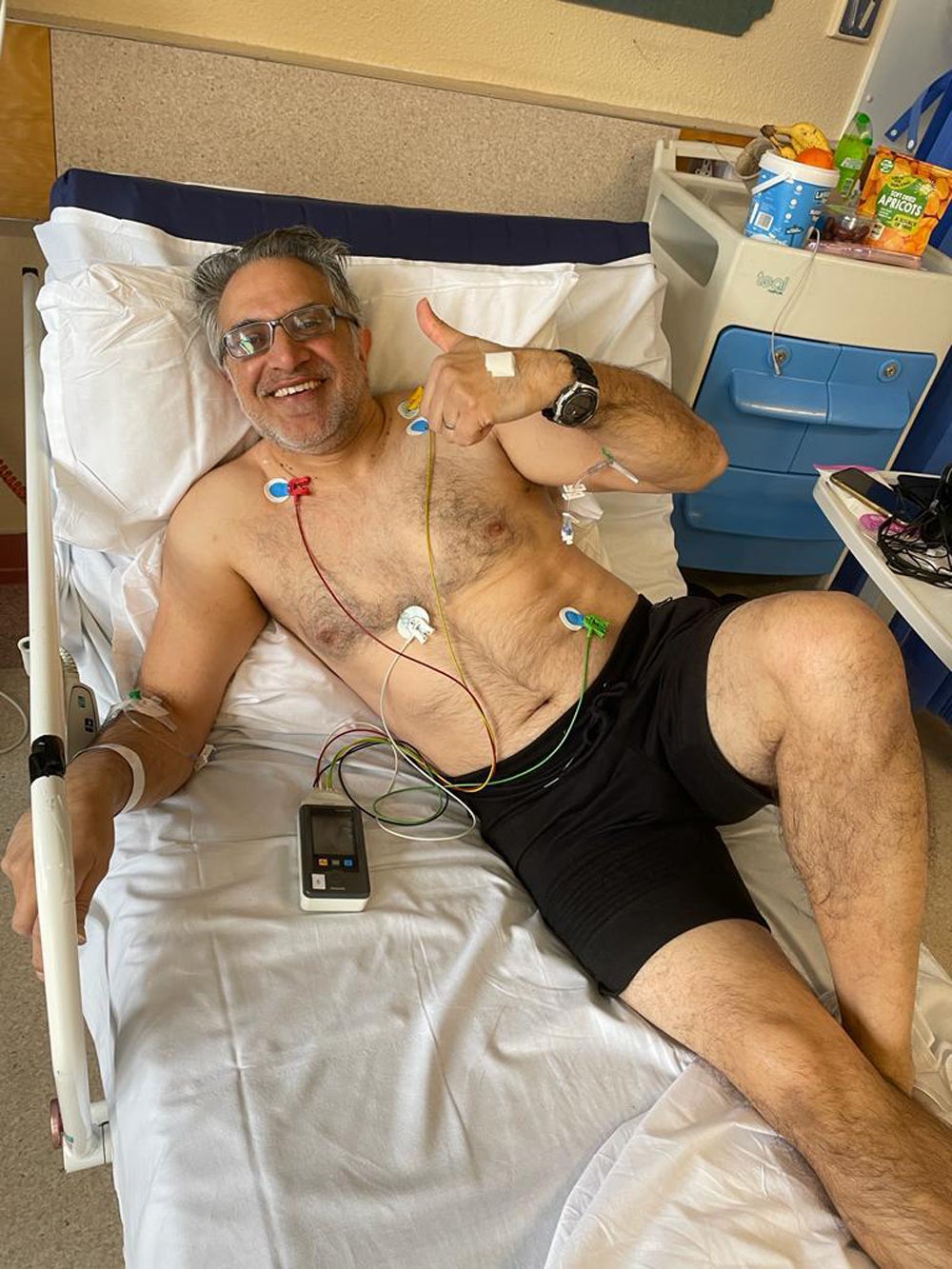
Mason had regained consciousness by the time paramedics arrived, but his heart rate suddenly spiked to 315 bpm – with anything above 100bpm being considered “too fast for most people,” according to the British Heart Foundation.
Naomi says: “He then started convulsing, his eyes turned and he became so rigid. It was so horrible.
“I saw his heart was racing at 315 bpm, it was just crazy. It was the most frightening thing I have ever seen.”
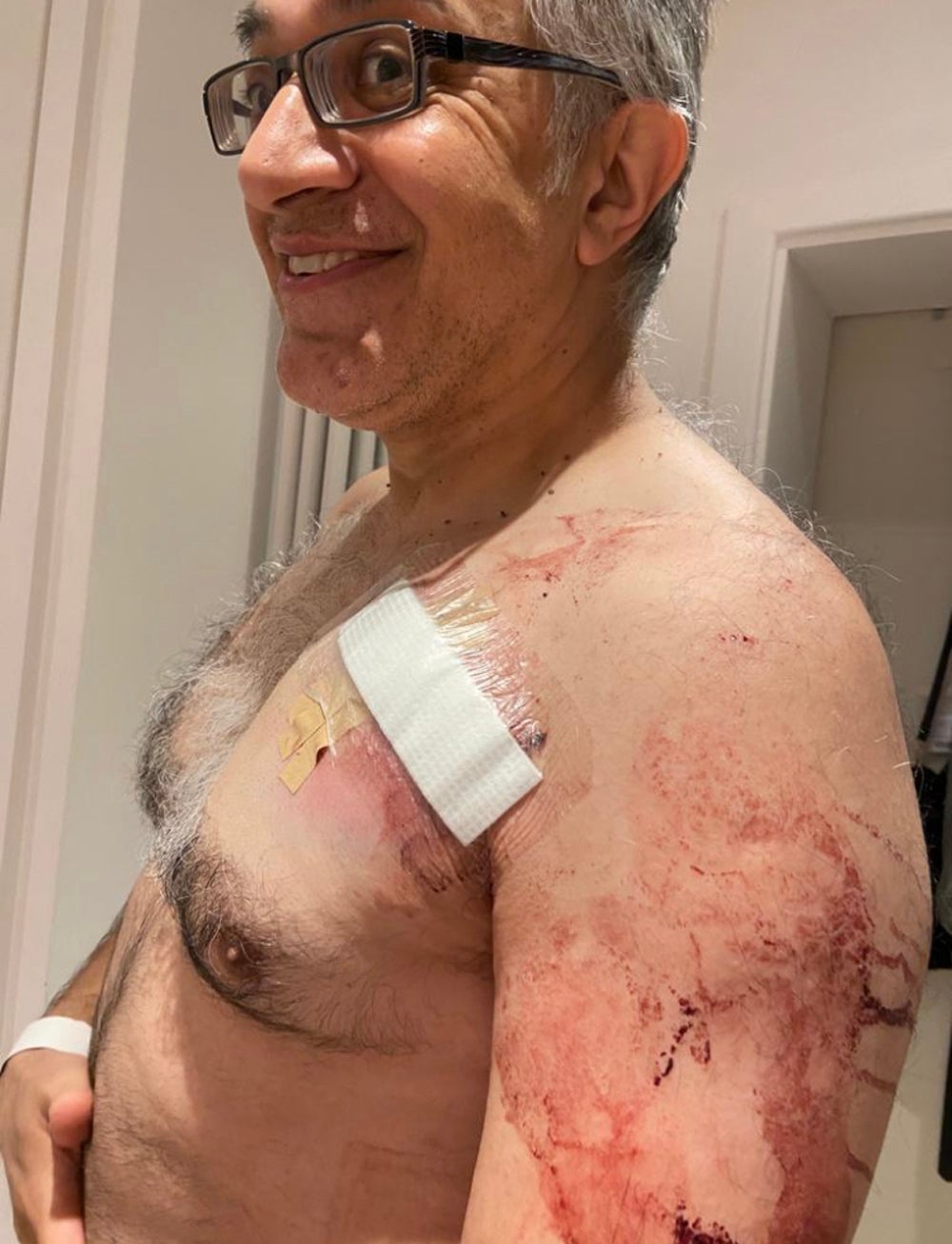
She adds: “I thought he was going to die. I was absolutely terrified, I didn’t want to lose him.
“We had two girls and they didn’t want to lose their daddy.”
Mason was rushed to Birmingham’s Heartlands Hospital, but because of his critically high heart rate, medics did not expect him to survive the night, according to Naomi.
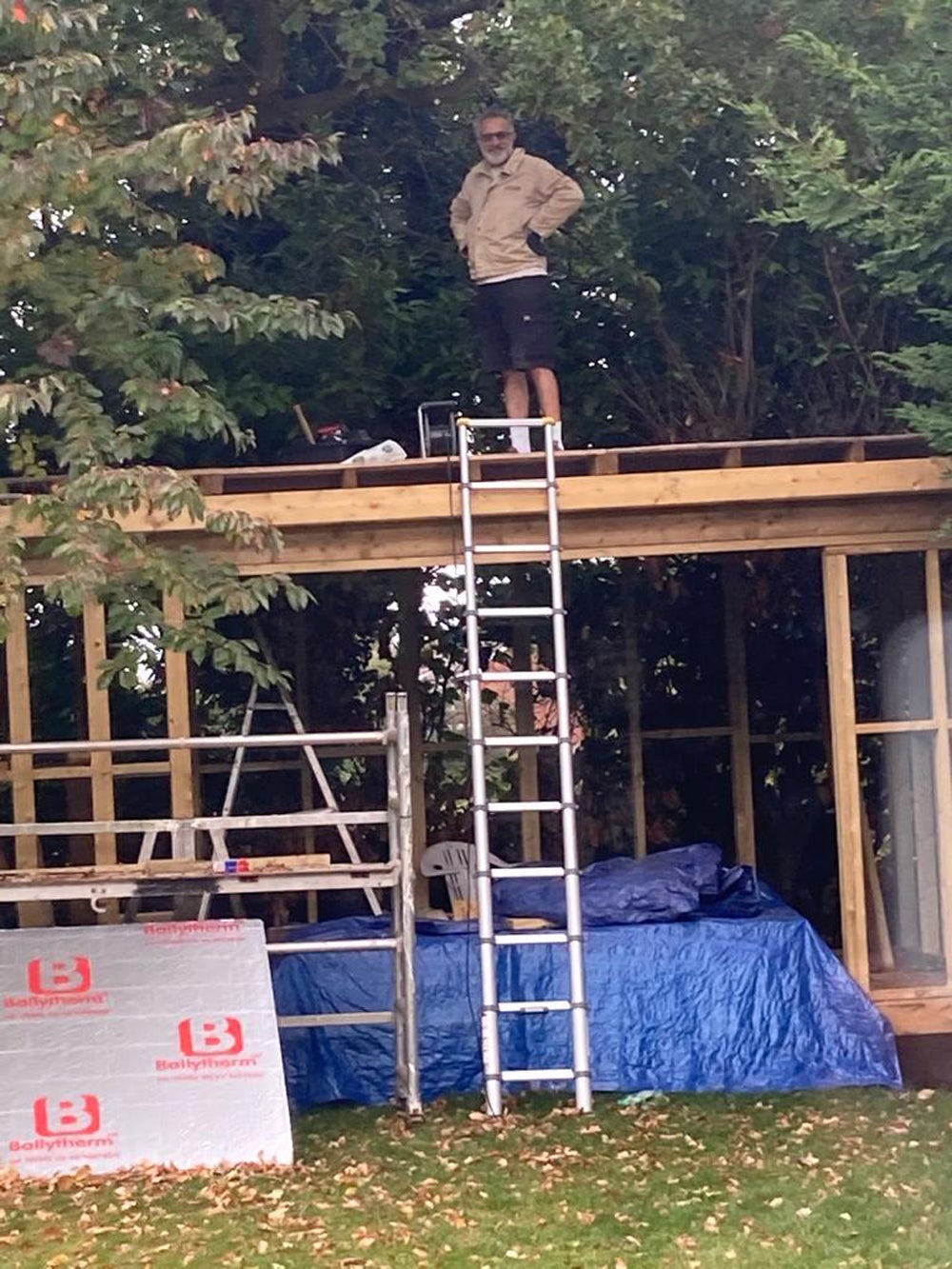
She says: “A good friend of ours is a paramedic at the hospital and he told us they all thought Mason was a goner.
“His heart rate was so high they didn’t expect him to make it through the day.”
Due to strict Covid regulations, Naomi could not visit Mason in hospital, so it was suggested she should go home and wait for his results.
But around five hours later, she was asked to return to the hospital to see him, as he was in the critical care unit after having seven cardiac arrests.
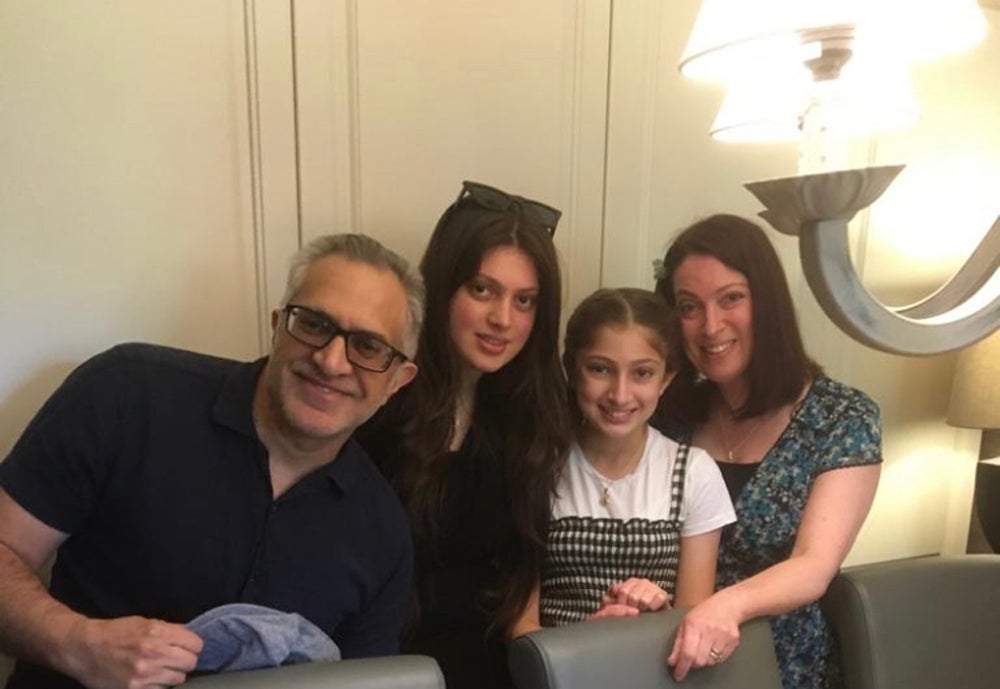
Naomi says: “I thought they were preparing his body for me to identify him. It was awful and distressing, Me and my daughter were just in floods of tears.
“We raced to the ward and I was imagining all the worst-case scenarios.
“Thankfully, while he was so poorly, he was still with us.”
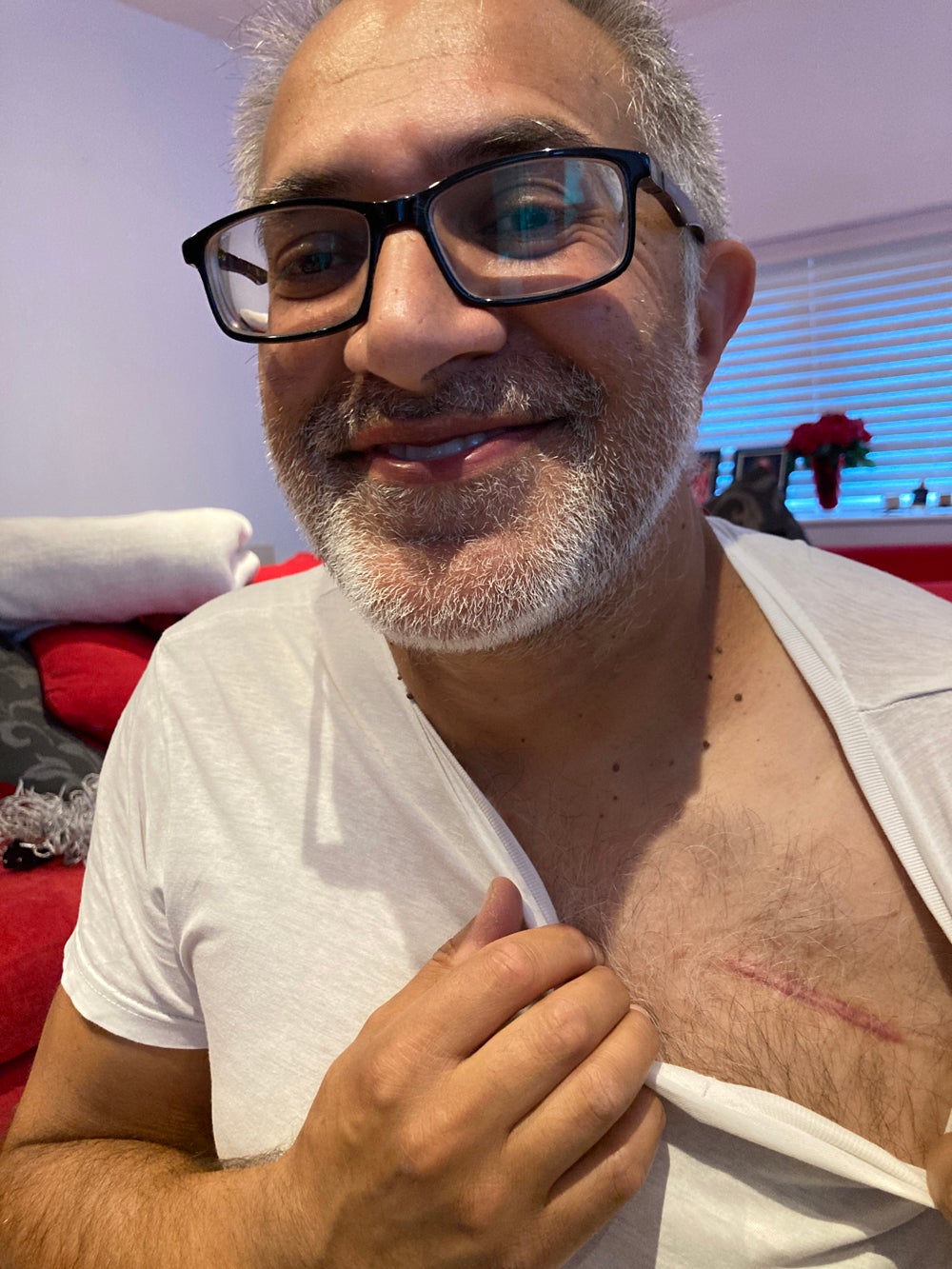
Sadly, while Naomi was in hospital with Mason, he suffered two more cardiac arrests.
Mason spent nine days in hospital, where he was fitted with a pacemaker and an implantable cardioverter defibrillator (ICD) – a device similar to a pacemaker that sends a larger electrical shock to the heart to reboot it and get it pumping again.
He has also been told to take beta blockers to slow his heart rate.

But doctors were unable to explain why his heart rate suddenly shot up and the couple are now hoping to look into genetic testing to find out more.
Naomi says: “It’s really difficult, because we have no idea why this has happened to Mason and we don’t know if it’s something that might affect our daughters too.
“But we will keep investigating until we find an answer.”
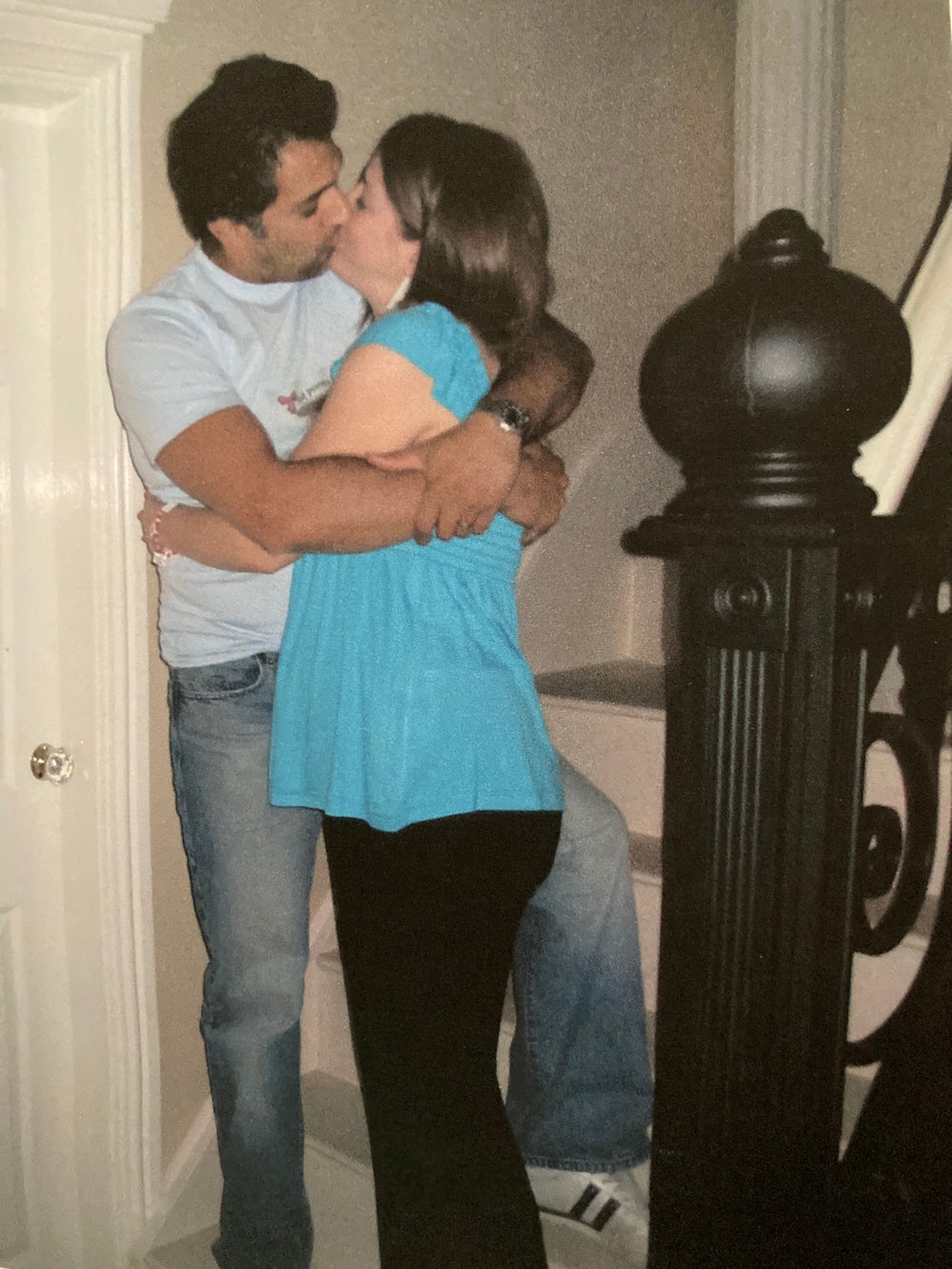
The family has now returned to a relatively normal life, with Mason back in work and playing tennis.
But Naomi says she still worries every day that she will lose him.
She explains: “It’s been so hard. I even wondered if it was me giving him stress, but I was told by our GP that it isn’t stress related.
“It’s very difficult to handle something when you don’t know where it stems from.”
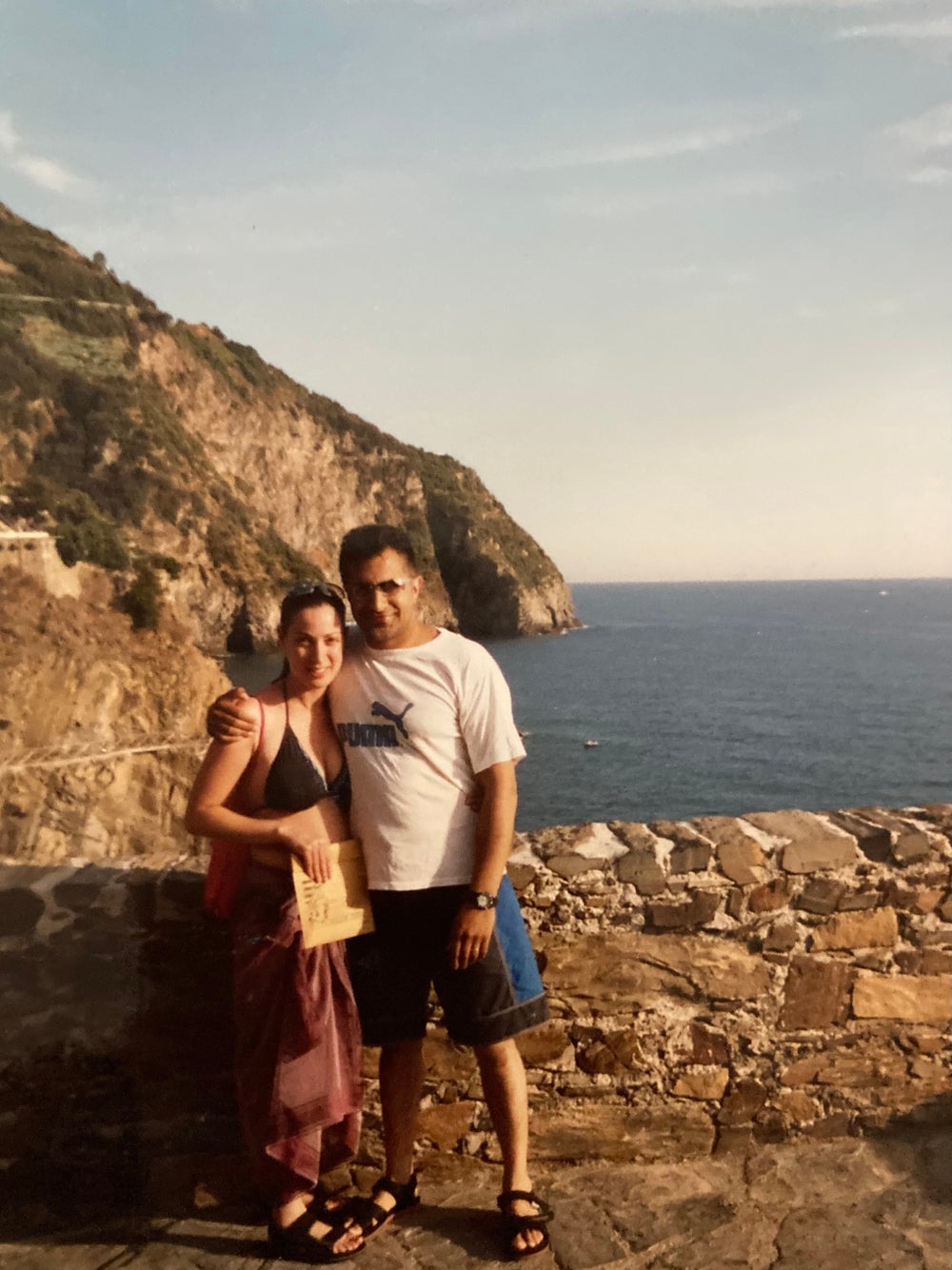
She adds: “Every little twitch that he has and anytime he snores I start panicking because I think I might lose him.
“Our little girl has become quite clingy, as the girls were there when it all started.
“We are living in fear that it might happen again.”
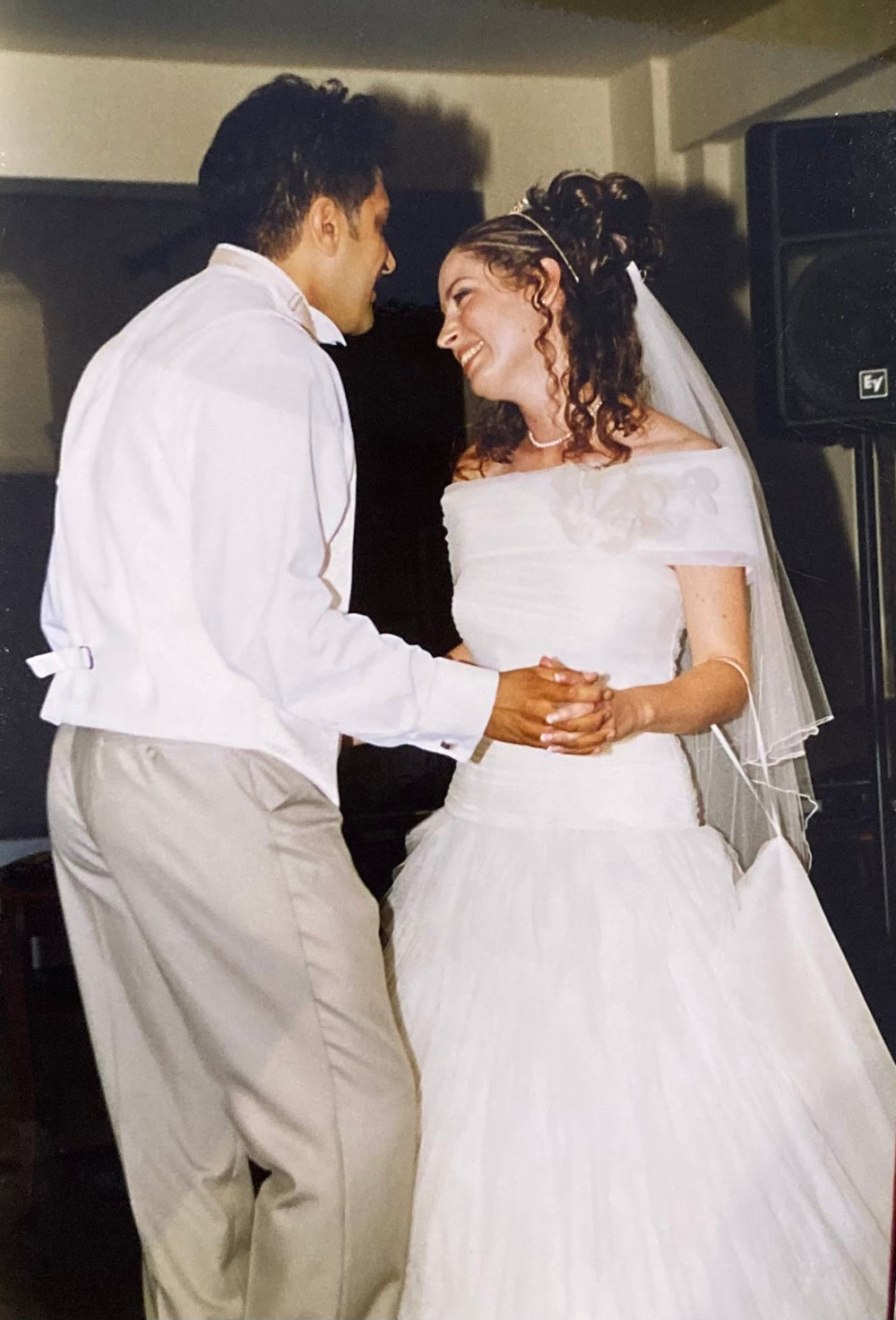
And Mason is stressing the importance of joining The Circuit, the national defibrillator network that shows where defibrillators can be found around the country.
He says: “CPR is essentially a stop gap, it’s a plaster, it’s the one thing you can do while you wait for paramedics.
“But a defibrillator is what will restart the heart and potentially save lives.”
In the meantime, Mason is just feels happy to be alive.
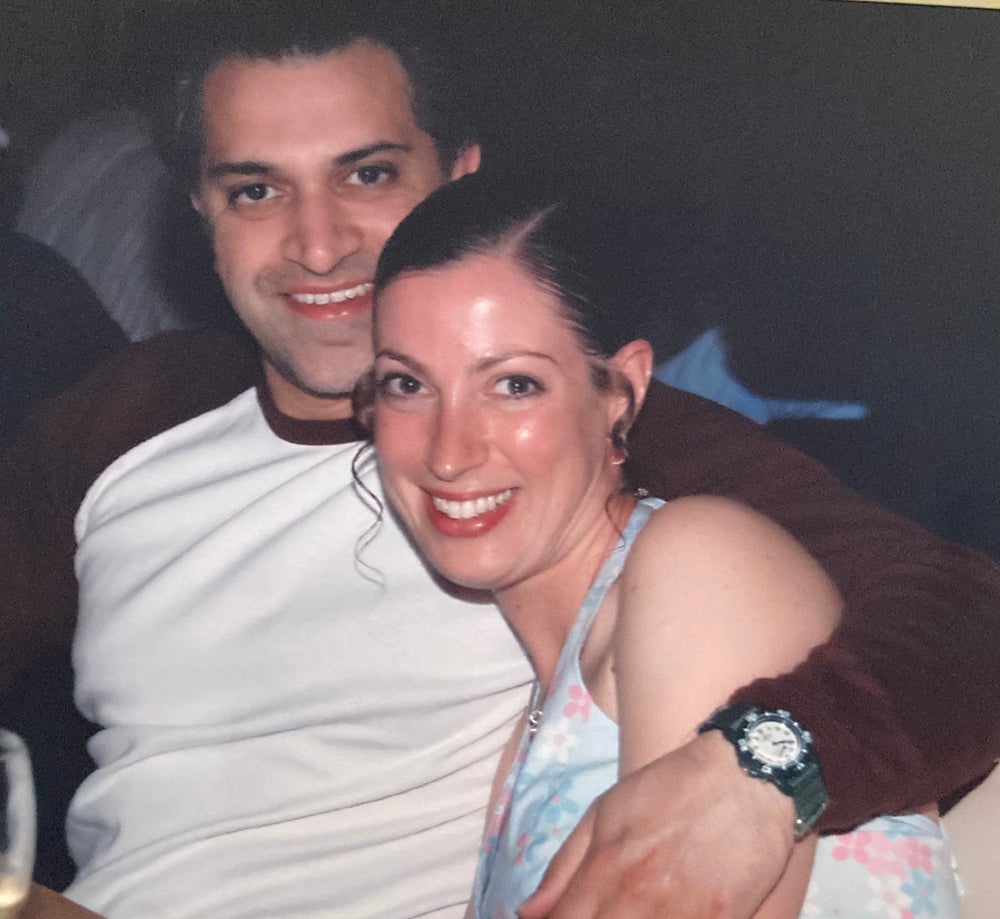
He says: “My daughter always says to me, ‘My daddy, my superhero,’ which makes me happy.
“But trying to process everything we have been through as a family has been the hardest part.
“I’m alive and for me that’s a plus.
“I have the most supportive family and being with them each day is the best place for me.”
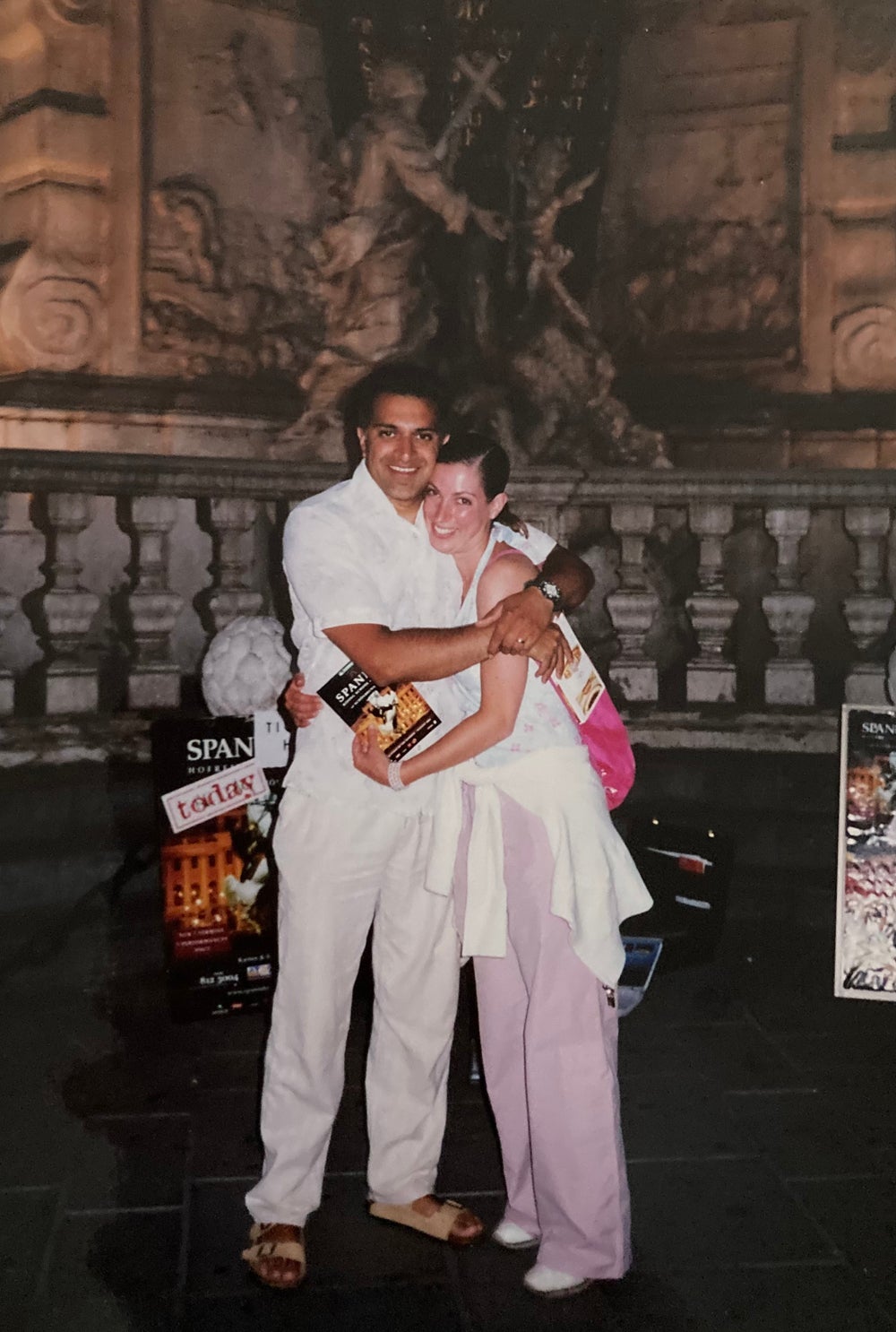
Sue Hampshire, Director of Clinical and Service Development at Resuscitation Council UK, stressed the importance of CPR in saving lives.
She says: “Bystander CPR is a key part of the ‘chain of survival’ – calling 999, beginning chest compressions, and getting a defibrillator – which gives people their best chance of surviving an out-of-hospital cardiac arrest.
“In Denmark, where CPR training in schools has been mandatory since 2005, the chances of recovery from an out-of-hospital cardiac arrest are triple those in the UK.
“We believe that everyone should learn the skills to save a life and, have created resources that will help teachers to deliver CPR education confidently to their students across the UK.”
- For further information go to: https://lifesaver.org.uk/ to learn about CPR, defibrillation and choking management skills


